|
|
|
|
Nau mai haere mai.
There’s an old joke about big rugby matches (and any major sports event, to be honest): it’s not like it’s a matter of life or death … no, it’s much more important than that.
The Rugby World Cup, which kicks off this Friday evening in Paris (Saturday morning our time), will be full of such moments – at least for the teams and their fans. And for New Zealand, there’s always been an element of existential crisis that attends an All Blacks loss, shock or not.
The pre-tournament nerves are more than especially jangled, of course, due to the thumping defeat South Africa handed New Zealand at Twickenham last month. Sitting at fourth in the world rugby rankings, the All Blacks are no shoe-in by any means.
But fans can take some solace in an alternative ranking that has the All Blacks favourites to win the cup, based on economics professor Niven Winchester’s Rugby Vision algorithm. His model uses a variety of measures, including 10,000 simulations of the entire tournament draw, to rank the contenders from first to last. You can read all about it here.
Winchester uses quantitative analysis in his day job, too, but he has a special interest in sports economics. In fact, his research on sports ranking systems was the catalyst for changes to the bonus point system in the southern hemisphere Rugby Championship and New Zealand’s Super Rugby tournament.
And if the oval ball really isn’t your bag, there’s plenty more to read here and on our homepage, including this fantastic story about how gene mapping is helping save our endangered kākāpō. So until next week, mā te wā.
|

|
Finlay Macdonald
New Zealand Editor
|
|

Niven Winchester, Auckland University of Technology
The Rugby World Cup kicks off this weekend with hosts France playing New Zealand. Here’s why the All Blacks are still favourites to win the tournament, despite not being the official top team.
|
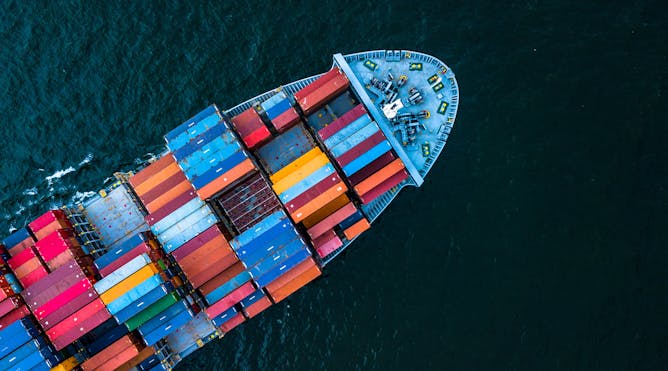
Andy Sheppard, CSIRO; Melodie McGeoch, La Trobe University; Philip Hulme, Lincoln University, New Zealand; Phill Cassey, University of Adelaide
Alien invaders are penetrating the borders of every country in the world. Now the full extent of the problems and potential solutions have been exposed, in a new United Nations report.
|

Ranjana Gupta, Auckland University of Technology
New Zealand needs to follow international precedent and make it expensive for investors to keep properties empty.
|
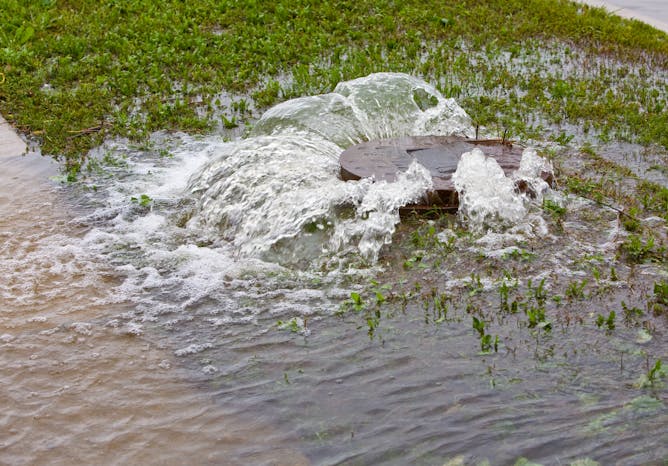
Xinyu Fu, University of Waikato; Iain White, University of Waikato; Rob Bell, University of Waikato; Silvia Serrao-Neumann, University of Waikato
New or improved flood protection can give a false sense of security – the so-called ‘levee effect’. But climate change is unpredictable, meaning ‘residual risk’ always exists and must be planned for.
|

Mahya Tavan, Massey University; Bi Xue Patricia Soh, Massey University
Many plant-based foods are rich in iron, but they also contain high amounts of fibre and phytates, which reduce the body’s capacity to absorb the essential nutrient.
|

Jonathan Barrett, Te Herenga Waka — Victoria University of Wellington; Lisa Marriott, Te Herenga Waka — Victoria University of Wellington
The National Party’s tax package may be a middle-income vote winner, but it avoids the core problem of tax-free wealth. And how much the new system would cost to operate is far from clear.
|
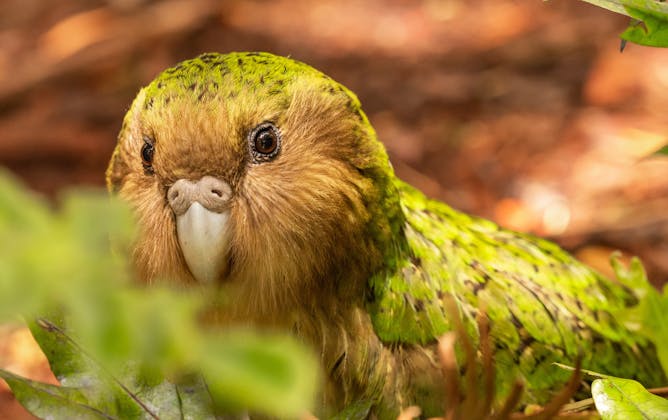
Joseph Guhlin, University of Otago; Peter Dearden, University of Otago
Kākāpō are prone to disease and infertility. Only intensive species management has saved the flightless parrots from extinction. Genome data now reveals the genetic reasons behind these problems.
|
From our foreign editions
|

Peter Tregear, The University of Melbourne
You’re the Voice reinforces the view that supporting the Voice to Parliament is an act of national reconciliation we can take together.
| |

Amandine Schaeffer, UNSW Sydney; Alex Sen Gupta, UNSW Sydney; Moninya Roughan, UNSW Sydney
Marine heatwaves aren’t just on the surface. They can be at their most destructive when they sweep along the seafloor.
|

Catherine Durose, University of Liverpool; Vivien Lowndes, University of Birmingham
Institutional misogyny affects women and girls every day, not just in cases of horrific violence.
| |

Ammar Azzouz, University of Oxford
Wars are no longer fought in the trenches, they’re fought in the streets and civilians are on the frontline.
|
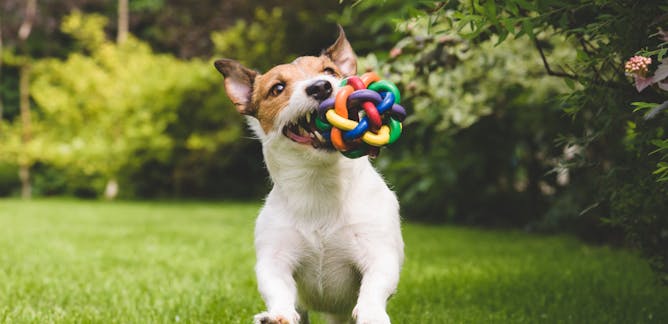
Langis Michaud, Université de Montréal
Your faithful companion sees the world differently than you do, but it’s a mistake to assume dogs only see black, white and shades of grey.
| |
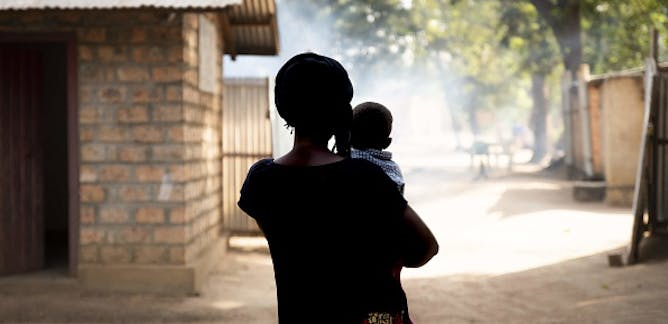
Leslie Roberts, Columbia University; Jennifer O'Keeffe, Johns Hopkins University; Karume Baderha Augustin Gang, Université Evangélique en Afrique
The birth rate was lower and the death rate markedly higher in areas outside government control in the Central African Republic.
|
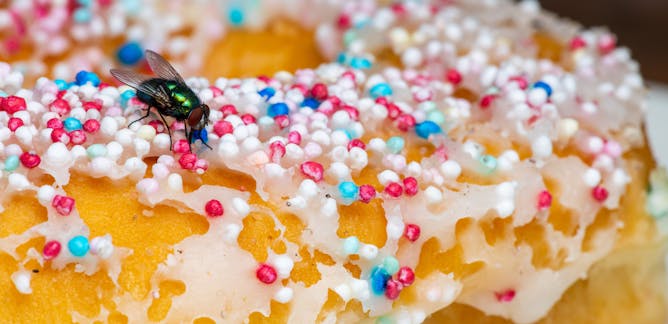
Christine Picard, Indiana University
Flies often beat out competitors for food because of their specialized sensing organs called antennae.
| |

Judith Stepan-Norris, University of California, Irvine; Jasmine Kerrissey, UMass Amherst
Many of the reasons for strikes now – low compensation, technological change, job insecurity and safety concerns – mirror the motives that workers had for walking off the job in decades past.
|
|
|
| |
| |
| |
| |
|
|
|
|
|
|
|